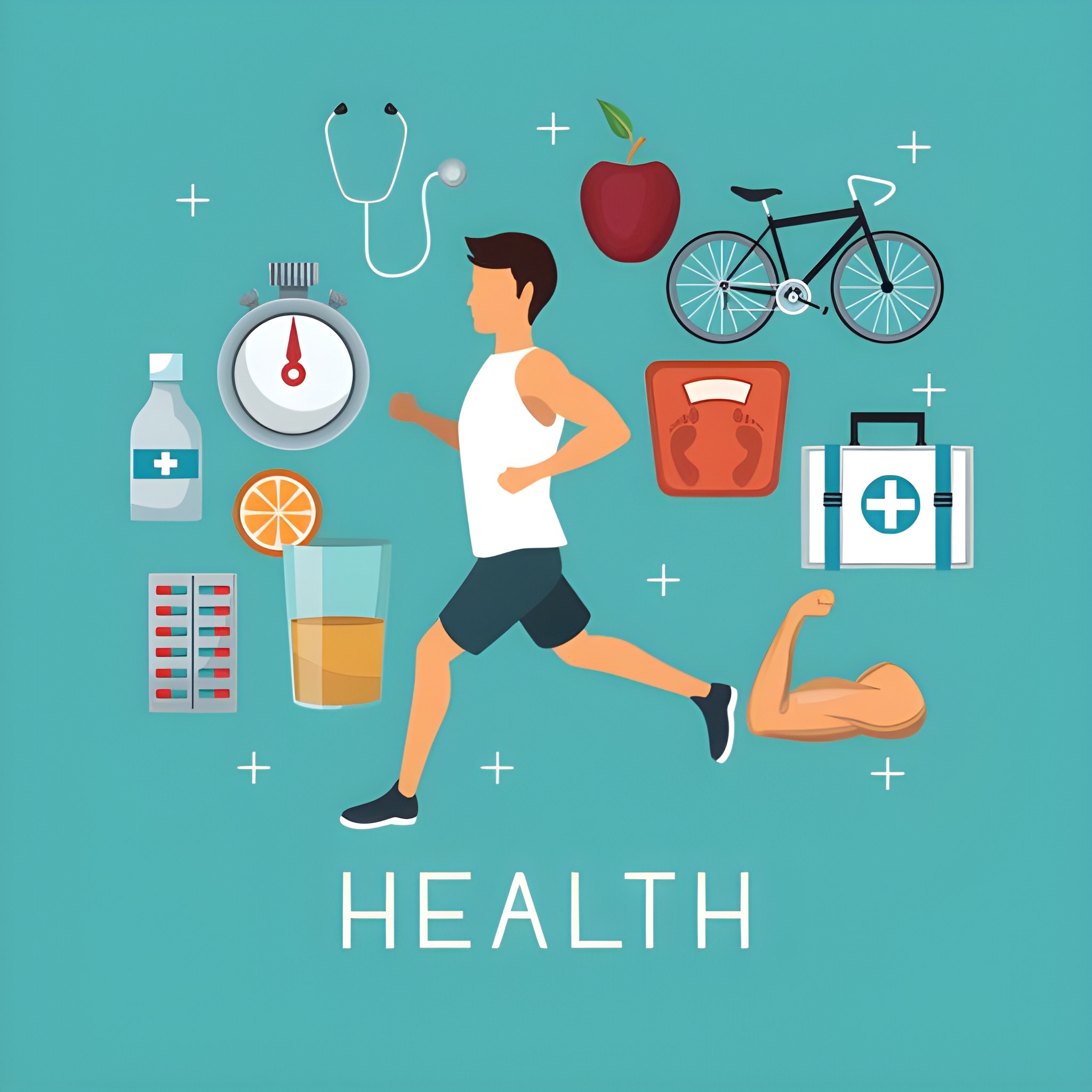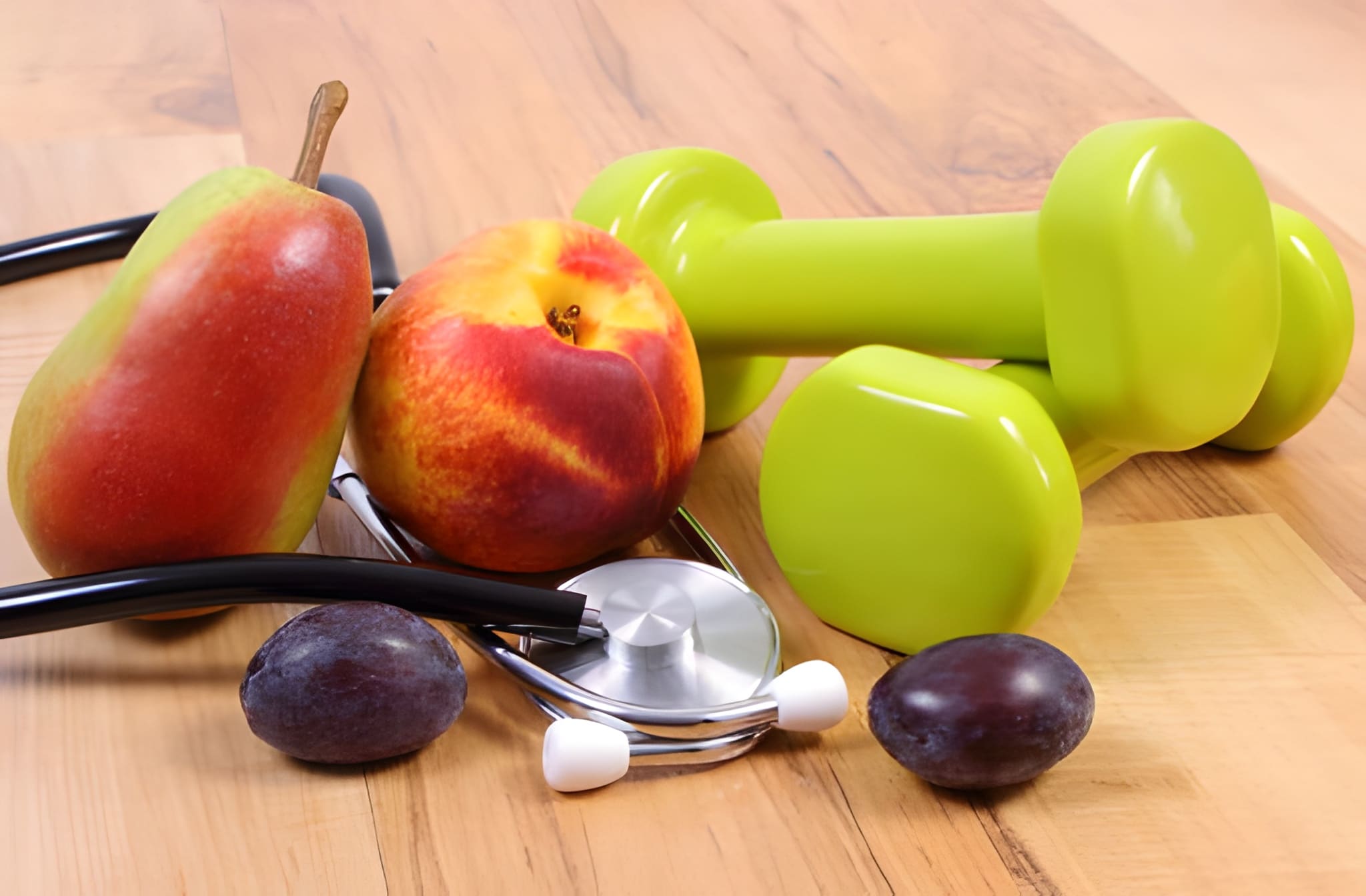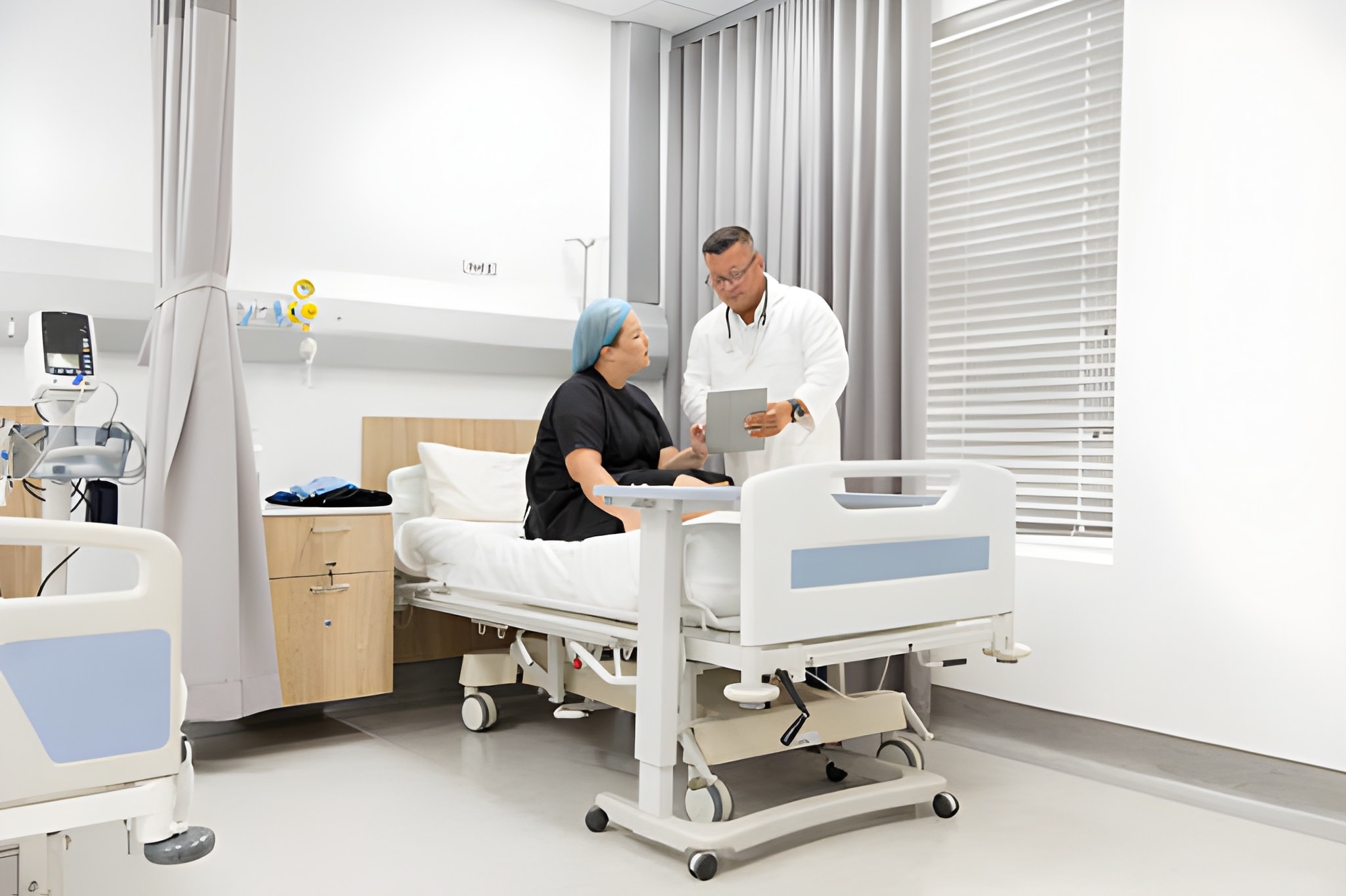Physical health refers to the condition of your body and how well it functions. When your body is strong, energetic, and free from illness, you are considered physically healthy. It includes everything from proper nutrition, regular exercise, good sleep, and balanced lifestyle, to maintaining a healthy weight and keeping your body systems functioning smoothly.
In today’s fast-paced world, people are becoming more conscious about health. However, many still misunderstand what physical health truly means. It is not just about looking fit on the outside; it’s about how well your body works internally.
This article explains physical health, its components, importance, measurement, benefits, and how to improve and maintain it.
Why is Physical Health Important?
Physical health forms the foundation for a happy, productive, and energetic life. When we are physically healthy:
-
We can perform daily tasks without fatigue
-
Our mood improves
-
Our immune system gets stronger
-
The risk of chronic diseases decreases
-
We live longer and feel better
In simple terms, physical health allows us to enjoy life.
Key Components of Physical Health
To understand physical health deeply, we need to look at its core components:
1. Nutrition
Food is fuel for the body. Balanced nutrition includes:
-
Carbohydrates
-
Protein
-
Healthy fats
-
Vitamins
-
Minerals
-
Water
Eating the right foods in proper amounts helps:
-
Build strong muscles
-
Maintain healthy body functions
-
Improve energy levels
2. Physical Activity
Regular exercise strengthens the heart, muscles, and bones. It improves stamina and flexibility.
Examples:
-
Walking or jogging
-
Yoga
-
Cycling
-
Swimming
-
Strength training
3. Healthy Body Weight
Maintaining a moderate body weight helps reduce problems like:
-
Heart disease
-
Diabetes
-
Joint pain
-
High blood pressure
4. Sleep and Rest
Sleep repairs and recharges the body.
Most adults need 7–9 hours of sleep daily.
Good sleep:
-
Improves memory
-
Regulates hormones
-
Reduces stress
5. Avoiding Harmful Substances
To maintain physical health, avoid:
-
Smoking
-
Excessive alcohol
-
Junk food
-
Drugs
These harm the body and weaken overall health.
How to Measure Physical Health
Several indicators help measure physical health:
| Indicator | Description |
|---|---|
| BMI (Body Mass Index) | Determines healthy weight range |
| Blood Pressure | Measures heart and blood vessel health |
| Heart Rate | Shows cardiovascular fitness |
| Blood Sugar Levels | Indicates diabetes risk |
| Cholesterol Levels | Determines fat balance in the body |
| Physical Endurance | Measures energy, strength, and stamina |
These tests help track your health and prevent diseases.
Benefits of Good Physical Health
Staying physically healthy brings countless benefits:
-
More Energy Throughout the Day
Your body works efficiently, making you feel active and productive. -
Improved Mental Health
Exercise releases endorphins, which reduce stress and anxiety. -
Stronger Immune System
A healthy body fights infections faster. -
Better Longevity
Healthy people generally live longer with fewer health issues. -
Better Sleep Quality
Physically fit bodies fall asleep easily and wake refreshed. -
Stronger Bones and Muscles
Physical activity strengthens the skeletal system. -
Reduced Risk of Chronic Diseases
Healthy lifestyles prevent:
-
Obesity
-
Heart disease
-
Diabetes
-
Cancer
Common Signs of Good Physical Health
You are physically healthy if:
-
You wake up feeling energized
-
You rarely fall sick
-
Your digestion works well
-
Your breathing is stable
-
Your muscles and joints feel flexible and strong
-
You maintain stable weight
How to Improve Physical Health (Step-by-Step)
1. Start Eating Balanced Meals
Add more:
-
Fresh fruits
-
Green vegetables
-
Whole grains
-
Lean proteins
-
Water
Reduce:
-
Fried food
-
Sugary drinks
-
Fast food
2. Exercise at Least 30 Minutes Daily
Even simple activities count:
-
Brisk walking
-
Skipping
-
Dancing
-
Cycling
3. Drink Enough Water
Aim for:
-
6–8 glasses daily
Water helps digestion and keeps skin glowing.
4. Sleep Early
Try to sleep and wake up at the same time every day.
5. Avoid Stress
Practice relaxation techniques:
-
Meditation
-
Yoga
-
Deep breathing
-
Hobbies
6. Get Regular Health Checkups
Prevention is always better than cure.
Physical Health and Mental Health: The Connection
Physical and mental health influence each other.
If your body is healthy, your mind becomes clearer, calmer, and more positive.
On the other hand, poor physical health can lead to:
-
Stress
-
Depression
-
Anxiety
So caring for your body means caring for your mind too.
Conclusion
Physical health is the condition of our body and how well it functions. It includes proper nutrition, regular exercise, sleep, hydration, and avoiding harmful habits. Good physical health helps us enjoy life, work better, live longer, and feel happier.
Improving physical health is not difficult. It starts with small, daily changes. Choose healthy food, move your body, sleep well, drink enough water, and stay positive.
Your body will thank you.









